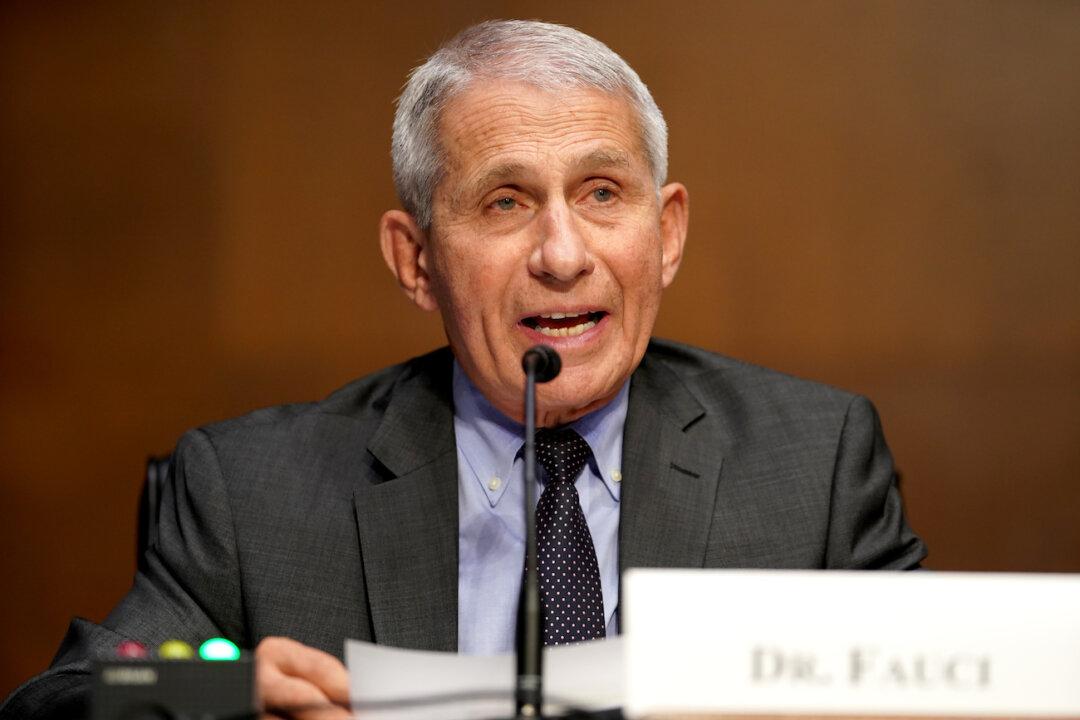NEW YORK—Adorama, an electronics store on West 18th St. in Manhattan, bills itself as, “more than just a camera store.” On July 5, the store found itself uncomfortably involved in more than cameras, as it became embroiled in the heated feelings surrounding the Walk Away Movement.
Brandon Straka, the founder of the movement that encourages Democrats to walk away from their party, had gone there to purchase media equipment for his burgeoning role as a mediator between the left and the left’s apostates: Democrats who find themselves on a spectrum from loving President Donald Trump to hating the hatred of Trump and his fans.





